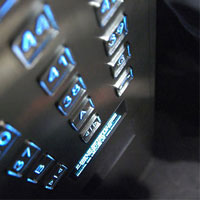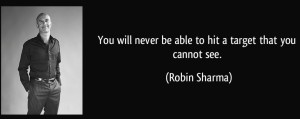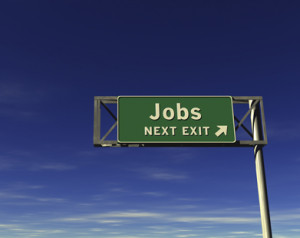Networking sounds salesy to a lot of people. Many people think of some dude name Biff going around handing out business cards for some multi-level marketing deal. But it should not and does not have to be like that. BusinessDictionary.com defines networking this way:
Creating a group of acquaintances and associates and keeping it active through regular communication for mutual benefit. Networking is based on the question “How can I help?” and not with “What can I get?”
Help other people… what a novel idea. For many people this is not a very easy thing to do. You may be panicking a little right now, thinking that you don’t know that many people very well. That is OK. On the podcast Question of the Day they mention a study that showed loose acquaintances are actually better at helping you find a job than close friends! So let’s start there.
What is a great place to have lots of friends that you don’t know very well? Social Media! You can use Facebook, Twitter and LinkedIn to build and maintain a network. If you do not already do this, you need to start and once you start, don’t stop. Ideally you will keep your network and expand it as your career grows. If you already have a social network and it is not geared towards professional development then you might need to start fresh or at the very least start heading in a different direction.
Keep in mind that networking is a marathon, not a sprint race.
Al
You can make more friends in two months by becoming interested in other people than you can in two years by trying to get other people interested in you.
Dale Carnegie










